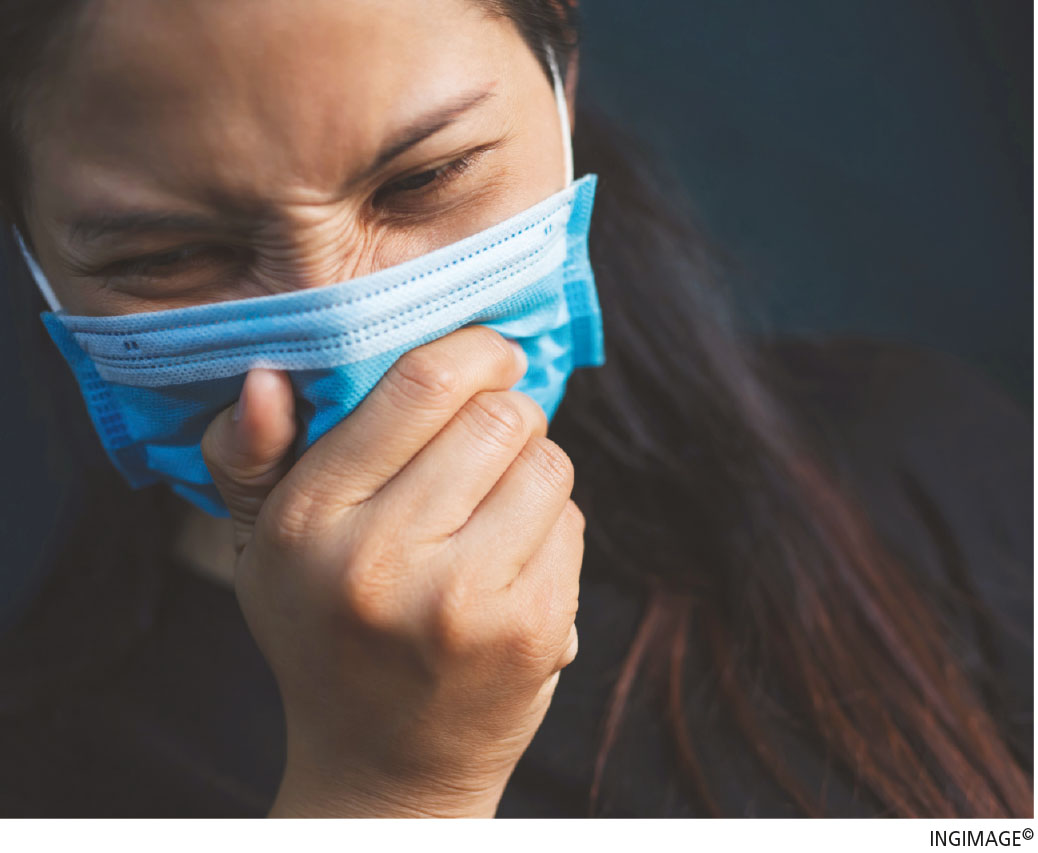EXECUTIVE HEALTH
SAVING GRACE
BY Dr. Sanjiva Wijesinha
I have worn a mask for many hours over several decades – when I worked as a medical doctor in a hospital. In my early years, they were made of gauze and came with attached ribbon tapes that were used to tie the mask firmly behind one’s neck.
When we finished an operation, the mask was removed and soaked in a bowl of antiseptic liquid, then machine-washed in boiling water, dried and heat sterilised in heavy steel drums before being reused.
The hospital employed one or more seamstresses to stitch these masks, as well as the surgical hats and scrub suits t hat we used to wear in the operating theatre. As time progressed, the heavy reusable gauze masks were replaced by single use paper masks that were modern and light. But once used, they had to be incinerated or dumped in a landfill.
hat we used to wear in the operating theatre. As time progressed, the heavy reusable gauze masks were replaced by single use paper masks that were modern and light. But once used, they had to be incinerated or dumped in a landfill.
Although the masks we wore weren’t always comfortable, we didn’t question the need to cover our nose and mouth while at work. The masks weren’t worn to protect ourselves from catching germs from others; instead, they were worn to protect others from us!
Masks are worn by doctors, nurses and operating theatre attendants as a matter of course. It’s part of our culture or ethos and is intended to prevent us transmitting any germs that we may be carrying to others. They act as a barrier to ensure that healthcare personnel working over a patient do not breathe or cough the germs in our respiratory passages into open wounds or a patient’s exposed throat.
In Japan, it is not only health-care personnel in hospitals and clinics who wear masks. It is a part of Japanese culture to always wear a face covering if one has a cold, cough or even sore throat. They consider it their social responsibility not to spread germs to others in their community.
So it is with sadness that I watch some of the videos that have gone viral on the internet showing people refusing to wear masks, protesting, and even threatening law enforcement officers and shop employees for insisting that they wear a mask before entering a store or public place.
Claiming that masks impede their personal freedoms; interfere with their right to life, liberty and the pursuit of happiness; and that they are like muzzles that shouldn’t be inflicted on a free society, these views fly in the face of scientific and logical thinking.
Many countries, even those that initially enjoyed greater success than others in controlling the spread of COVID-19, have or will face second and even third waves of infection. The virus responsible for this pandemic is not one that can be destroyed by common antibiotics or antiviral medications.
While some who are infected succumb to the virus, others who contract the disease may not display any symptoms. This results in asymptomatic patients unwittingly transmit-ting the coronavirus to others.
So for the time being, the best way to keep this deadly virus under control is to wash your hands carefully and stay physically distanced from others who may or not be obviously infected.
And of course, be socially responsible – wear a mask when you are outside your home and in public spaces.



